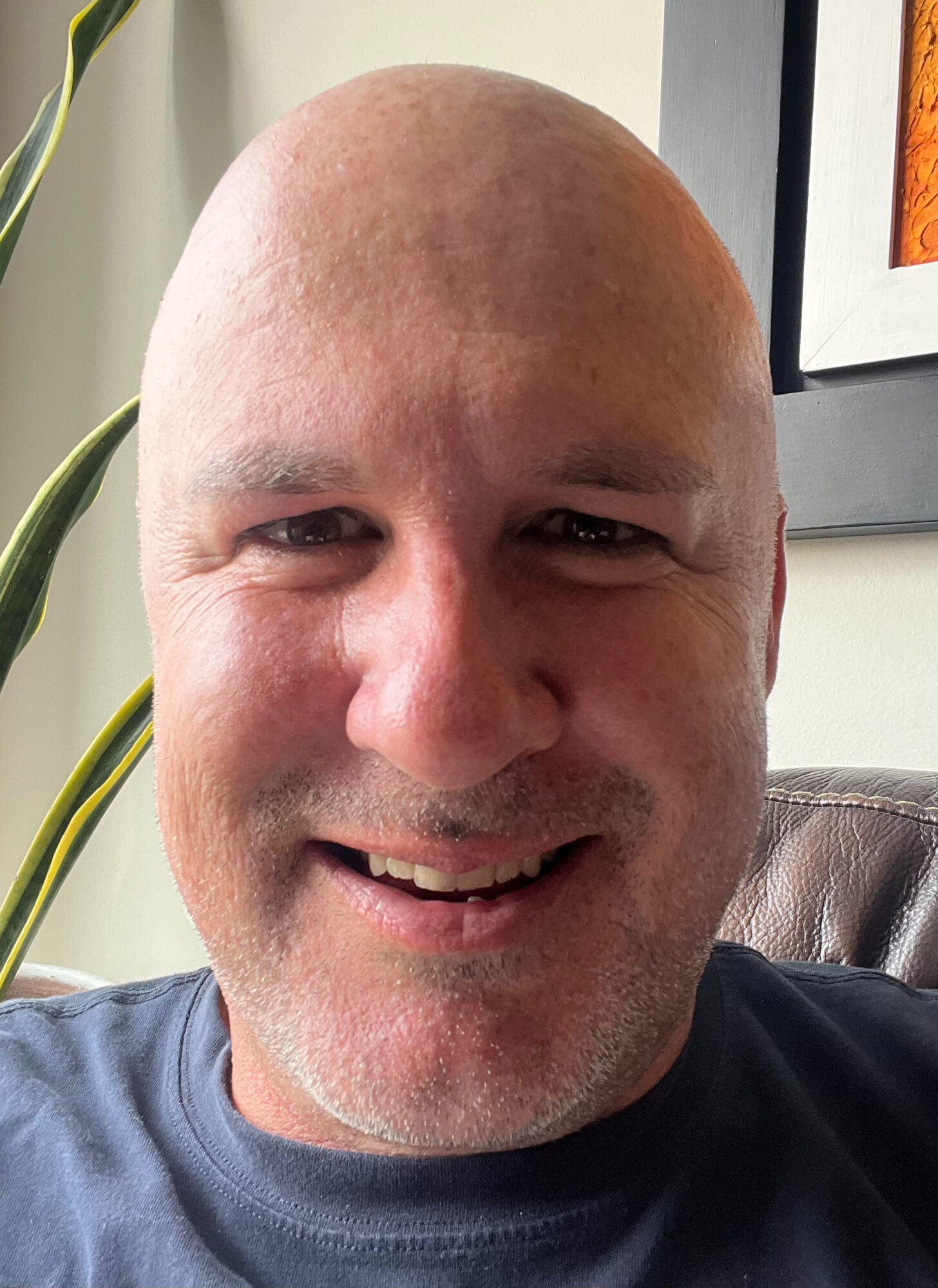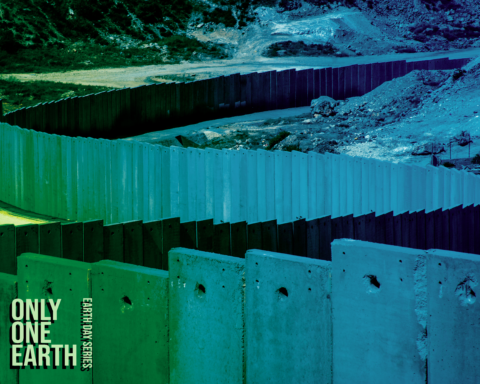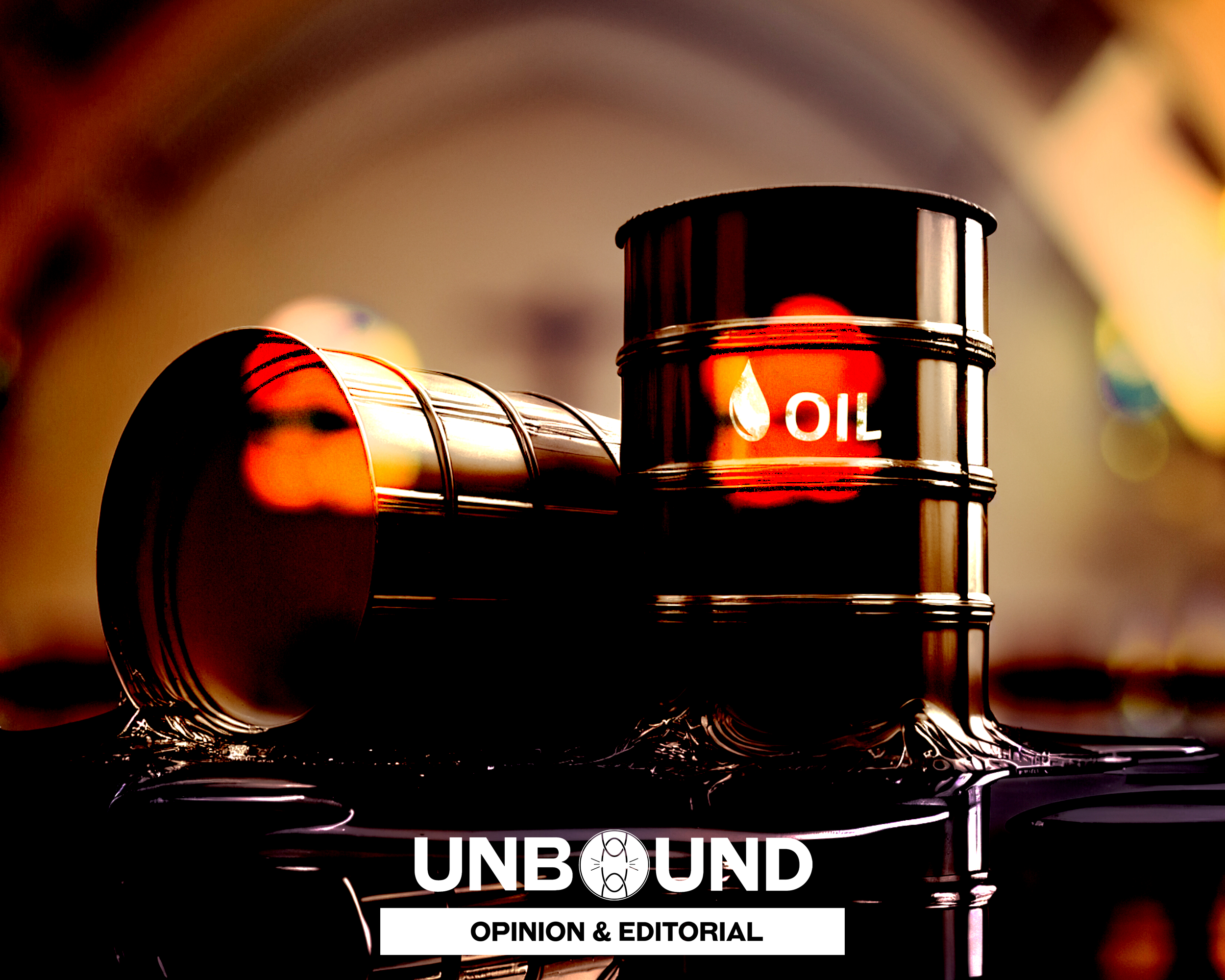He called them dogs. Before the entire nation, he stood in front of the camera on live television and referred to an entire people as animals standing in the way of progress. The year was 2010, and the place was Lima, Peru. The person in question was then President, Alan Garcia. Those he was referencing were the Awajun and Wambis peoples of the northern Amazon.
For centuries, the Awajun and Wambis have been frontline defenders of one of the most ecologically and biologically diverse places on Earth. Of course, such nomenclature begs the question, ¨from whom or what exactly are they defending Mother Earth?¨ To put it succinctly, they defend her from us – the ones who believe that land is something we can own. And on that occasion back in 2010, that is what they were doing. They were taking a stand in defense of their mother – their Creator and Sustainer – that was being threatened by us.
For centuries, the Awajun and Wambis have been frontline defenders of one of the most ecologically and biologically diverse places on Earth.
One year prior, the governments of the United States and Peru implemented a trade agreement between the two nations that promised to stimulate economic growth. The agreement was predicated on Peru enacting a series of laws that would provide access into the Amazon to foreign investors for oil and natural gas exploration. In the dead of night, President Garcia passed through Congress a package of supreme decrees that would provide what the US government was demanding. In response, the Awajun and Wambis protested the decrees by blocking the main highway into the Amazon, in effect denying access to anyone. For weeks they held vigil – barricading the road as trucks lined up for miles.
President Garcia looked directly into the camera and told the story of El Perro del Hortelano (in English, The Garden Dog). A common version of the story tells of the owner of a garden who teaches a dog to guard its entrance in order to protect it from unscrupulous passers-by. One day the owner dies. So loyal is the dog that despite its master´s death it continues to stand guard at the entrance preventing anyone from ever enjoying the fruits of the garden, while also not consuming the fruits itself.
For Garcia, the metaphorical fruits to be consumed were of course gas and oil. And the perro del hortelano? The Awajun and Wambis peoples of the Amazon. But my question is, who was the owner? And, how did she die?
A few days later, with the expressed encouragement of the US Embassy, the Peruvian National Police would open fire on the Awajun and Wambis protestors. Dozens were killed, including some police. The event would come to be known in international circles as the Tiananmen of the Amazon. For the indigenous peoples of Peru, this would simply be one more tragic event in the ongoing 500 years of foreign occupation and oppression that began with the Spanish Conquest and continues to this day in the name of economic development.
The event would come to be known in international circles as the Tiananmen of the Amazon.
It was 1514 when King Ferdinand of Spain gave his infamous charge to ¨get gold, humanely if possible, but at all costs get gold.¨ This was the impetus for the conquest of what is today Peru by Francisco Pizzaro who arrived to the Andean city of Cajamarca in 1532. With a priest by his side, he presented the Incas with a Bible, executed their leader, and stole their gold. Thus began 200 years of Spanish occupation.
Spain had one overarching goal in colonizing the Inca Empire: strengthen its own empire or risk annihilation from another. To do this, it would employ a three-pronged approach: one, it would extract all the natural resources it could to generate wealth; two, it would establish a racial hierarchy to facilitate the resource extraction; three, it would suppress the eco-harmonious spiritualities of the peoples and quite literally build churches on top of their temples. In the name of their kingdom, with a Bible in one hand and a sword in the other, the Conquistadores ravaged the Earth and fomented White Supremacy.
Spain had one overarching goal in colonizing the Inca Empire: strengthen its own empire or risk annihilation from another.
While Peru liberated itself from Spain nearly two hundred years ago, it remains captive to a model of development that is still premised on ¨getting gold at all costs¨. In the very same region of Cajamarca where Pizarro arrived, there is an ongoing conflict between the Quechua speaking people who live there and a US-based mining company wanting to operate there. The people want to defend their inalienable right to water, which is threatened by mining activity. The mining company wants to defend its state-granted right to extract gold, which comes with a promise of economic growth.
This is the context of Peru today. From the Andes to the Amazon and countless places in between and all around. From the mountaintop glaciers that generate water for the nation, to the lush rainforests that produce oxygen for the world, extractive activity threatens harm, if not outright destruction. Frankly, we are all at risk. And, on the frontlines in the defense of the planet are indigenous peoples, because for them it is a spiritual matter. For them the divine is found in the very nature that surrounds them, Mother Earth — the one true owner of the garden, who grants us the fruits of water and air and who is crucified day in and day out by our globalizing economy.
From the Andes to the Amazon and countless places in between and all around. From the mountaintop glaciers that generate water for the nation, to the lush rainforests that produce oxygen for the world, extractive activity threatens harm, if not outright destruction.
And we call them dogs. Certainly, Alan Garcia was not the first person of privilege to refer to those of a different ethnicity as dogs. In fact, according to Scripture, Jesus did it, too. Matthew 15:21-28 tells the story of the Canaanite woman who stood up to Jesus´ rebuke of her by contending that ¨even the dogs eat the crumbs that fall from their master’s table.¨ This was a turning point for Jesus and his disciples as the Canaanite woman’s faith in the healing power of the God of Israel broadened their understanding of God’s all inclusive love and deepened their practice of communion.
Might we ourselves – the church – be at a turning point today? Might we be ready to finally hear the barks of the dogs we have long tried to bury?
Today, the empire of globalization that has long sustained so many of us faces the self-induced existential crisis of climate change. Many of us see and preach salvation in the technological advances that will transition society from fossil fuels to renewable energies. Indeed, this is a transition that must happen as urgently as possible. But it is imperative that we understand that technology will not be our savior. In fact, it could very well be our executioner – especially for those on the frontlines defending Mother Earth.
But it is imperative that we understand that technology will not be our savior. In fact, it could very well be our executioner – especially for those on the frontlines defending Mother Earth.
The energy transition will require an immense amount of critical minerals such as copper, lithium, cobalt, nickel and more in order to develop the infrastructure needed for our western way of life to continue. The vast majority of these critical minerals are located on or very near indigenous lands around the world. Places and people once conquered and colonized stand in the way of ¨progress¨ once again. Despite what industries and governments will claim, there simply is no safe way to extract what we ¨need¨ without poisoning the land and displacing the people who live there. And yet the cries from on high are already beckoning: “Get Lithium! Get Cobalt! Get Copper! Get Nickel! …. humanely if possible….but at all costs, get them!”
As bearers of the Bible, with whom will we stand this time? For me, it comes down to a fundamental question of faith: to whom do we belong? How we choose to answer this question will determine what we choose to defend, how we choose to live, and who we choose to worship. Indeed, the existential crisis we face today is far less a matter of technology and climate and development. The crisis we face today is spiritual. Perhaps now is the time to finally listen to those we have chosen to bury with our buildings and let them teach us now who the God of Israel really is for us and for all of life.

Jed Koball is a Mission Co-Worker of the Presbyterian Church (USA), serving in Peru since 2009 as the Joining Hands Catalyst for Human and Environmental Rights. Prior to moving to Peru, Jed was a development worker in Nicaragua with Bridges to Community (2003-2006) in between two stays as Associate Pastor of Larchmont Avenue Church (2000-2002; 2006-2008). A graduate of McCormick Theological Seminary and a former Young Adult Volunteer in the Philippines, Jed has long sensed his call to ministry as one of understanding the interconnectedness of the world we share and the pursuit of dismantling the structures that divide us from one another. Jed lives in Lima with his wife Jenny (the coordinator of the Young Adult Volunteer program in Peru), and their son Thiago. Jed is a minister member of Hudson River Presbytery.






Unbound Social